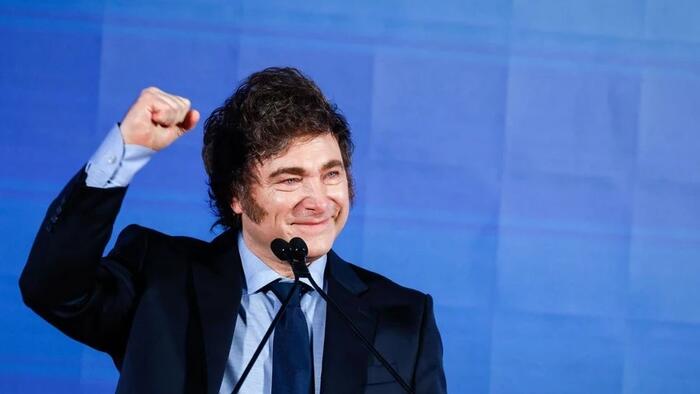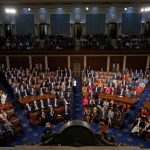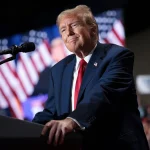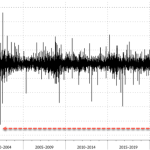In a bold move to transform Argentina into a global energy powerhouse, President Javier Milei introduced the “Argentine Nuclear Plan” on Friday, with the goal of harnessing nuclear energy as a core component of the nation’s future. The plan outlines the construction of Small Modular Reactors (SMRs), compact nuclear units designed to provide power to commercial sectors and other large-scale operations.
“After years of stagnation, nuclear energy is making a powerful comeback, and we are determined to lead, not follow,” Milei declared confidently, emphasizing the country’s abundant natural resources, skilled workforce, and Patagonia’s cold climate, which he described as ideal for housing energy-intensive technologies like AI. “Nuclear energy is the only source that is sufficiently efficient, abundant and rapidly scalable to cope with the development of our civilization,” he added.
President Javier Milei announces the Argentine Nuclear Plan, alongside the Chief of the Council of Advisors, Demian Reidel, and the Director General of the International Atomic Energy Agency (IAEA), Rafael Grossi.
Original in Spanish. Translated to English using AI. https://t.co/sELp0wtxNS pic.twitter.com/KCSHJbknqk
— Demian Reidel (@dreidel1) December 24, 2024
The project will have the backing of the International Atomic Energy Agency (IAEA), with IAEA Director General Rafael Grossi joining Milei and his key advisor, Demian Reidel, during the plan’s official launch. Reidel stressed that the increasing demand for energy, particularly from AI advancements, makes nuclear power crucial to Argentina’s energy strategy, jpost.com reports.
The first phase of the plan will focus on the construction of a Small Modular Reactor (SMR) at the Atucha Nuclear Power Plant. The reactor is expected to help meet rising energy demands and alleviate power shortages throughout Argentina.
Reidel emphasized the significant contribution of Argentine nuclear engineers to the initiative. “We will do so with 100% Argentine technology, developed by our nuclear engineers, who are recognized among the best in the world,” he stated, according to Rosario3. He added that the plan “will give us energy sovereignty, will allow us to export this technology to the world,” and assured that “blackouts will be just a bad memory,” according to La Nación.
In the second phase of the initiative, Argentina aims to capitalize on its untapped uranium reserves to meet domestic needs and establish itself as a leading exporter of nuclear fuel. The government envisions positioning Argentina as a global leader in the peaceful use of atomic energy, while also advancing its aspirations to become an international hub for AI innovation.
Currently, Argentina operates three nuclear power facilities—Atucha I, Atucha II, and Embalse—which together supply around 9% of the nation’s electricity consumption, according to government data from July 2023.
The announcement comes as Argentina has officially emerged from a severe recession, a milestone that marks a major success for Milei and his bold economic reforms. According to data from Argentina’s statistics agency, GDP grew 3.9% in the July-to-September quarter compared to the previous three months. This growth was driven by robust performances in agriculture, mining, and consumer spending, signaling a recovery in key sectors of the economy, the Financial Post reports.
On Monday, Milei eliminated a 30% “inclusive” surcharge tax on foreign currency debit and credit card purchases imposed by the previous socialist government. The now-repealed “Tax for an Inclusive and Solidary Argentina,” or “PAIS” for short, was a temporary surcharge introduced by former socialist President Alberto Fernández. He enacted it in December 2019 during the early days of his administration.
“I have more good news, and that is that the lowering of taxes will continue, as is our irrevocable commitment, to return the surplus in the form of relief to the taxpayer, because less taxes is more competitiveness,” the president said in a statement announcing the move.
Loading…











